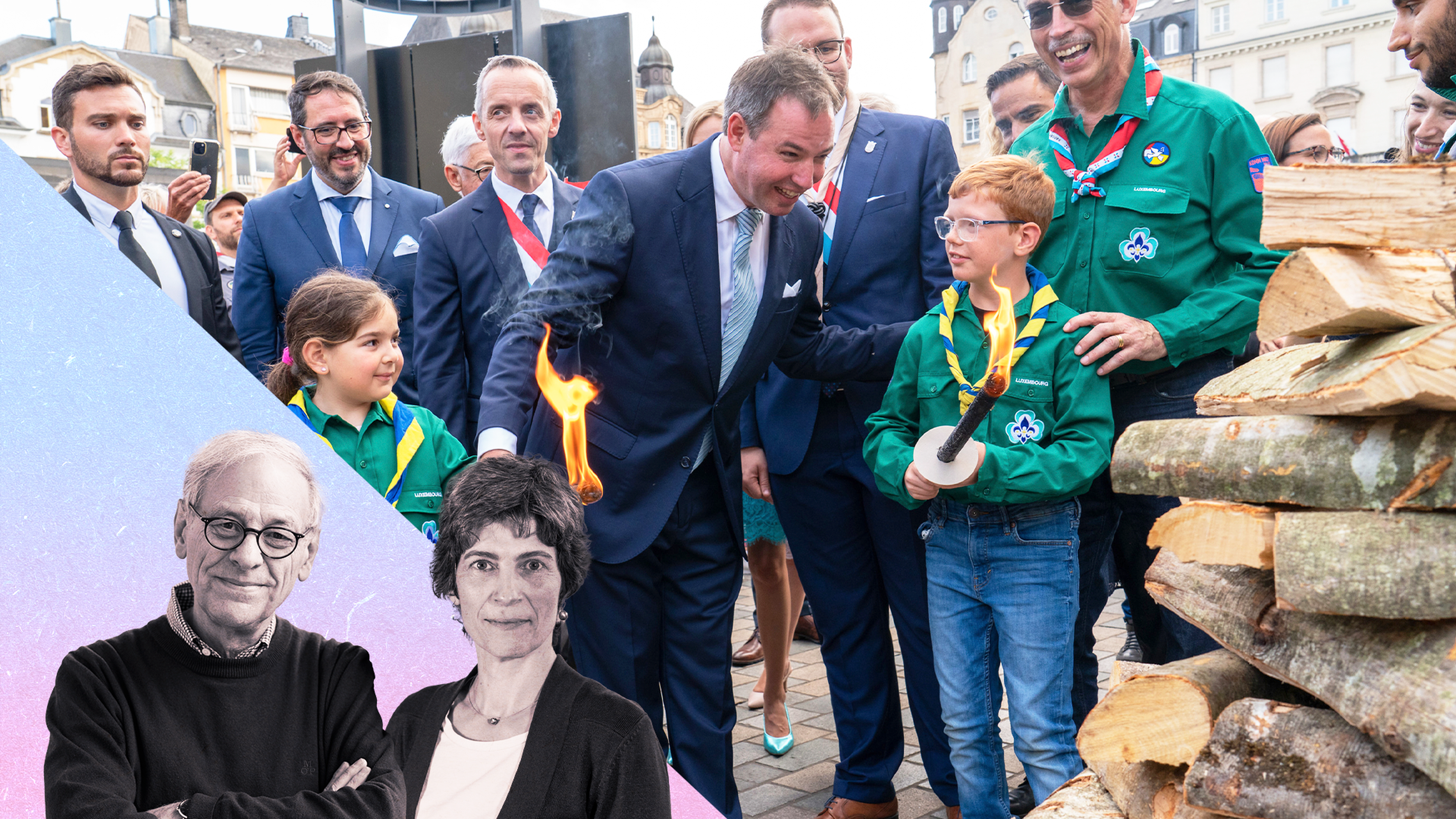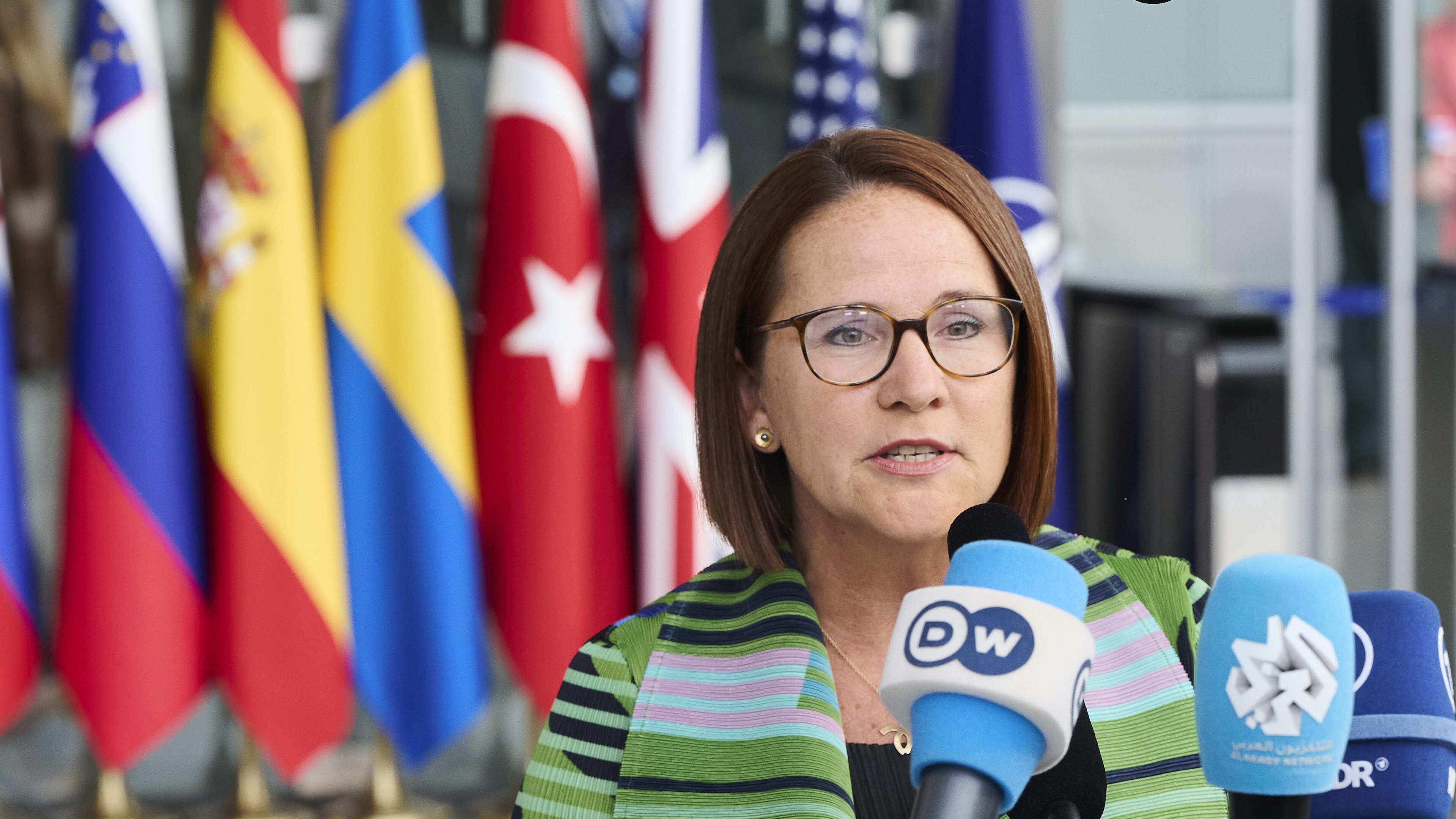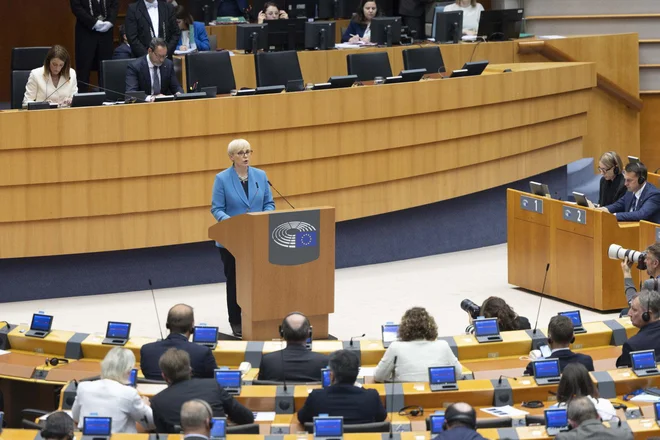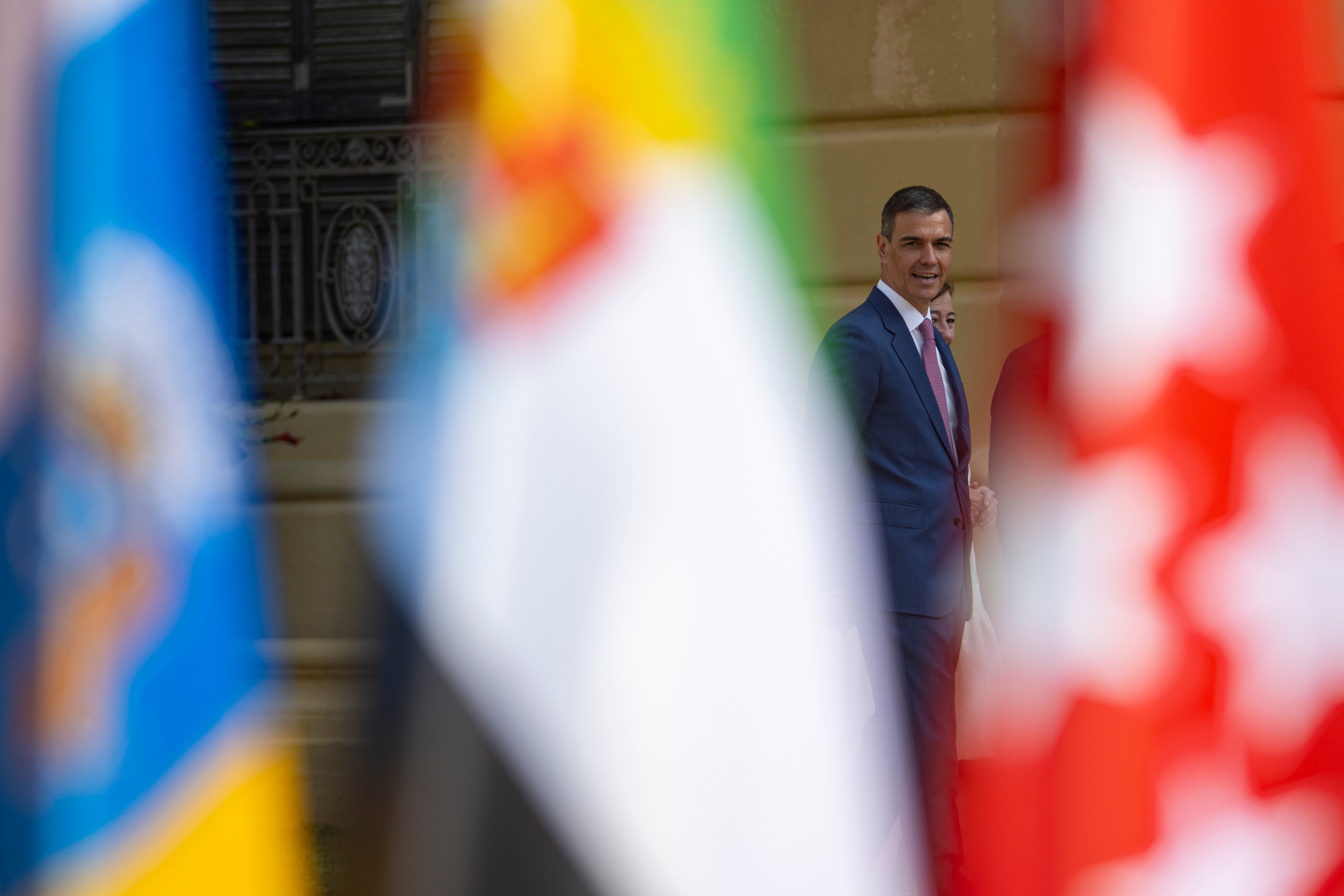How democratic forms of life enrich youth work

Both authors are employees of the university.lu and voluntarily get involved with the Lëtzebuerger Guiden A Scouts.
Although today's young people grow up in times of crisis and with wars, most remain confident. Confidence in democracy is also as high as it is rarely before. Depending on the milieu, some are worried about their economic future. This emerges from the 19th Shell youth study published a few months ago about German young people.
The recent results of the Chamber and Uni.lu pole index survey also confirm this for the Luxembourg young people. Many are interested in politics and want to get involved. The only question is how and with whom? Because trust in the parties is low. Some are also afraid to express themselves publicly and do not know how they can defend themselves against « Hatespeech » and conspiracy theories (Sinus youth study 2024).
Education for democracy: Learning by doing at all levels of the scouts: inside
Democracy is the name for a community that promises and promotes the equality and freedom of all people. In terms of nature, she always faces the internal and external challenges. It is therefore open to new and adequate forms of participation, the joint decision and design. This is not a matter of course and makes you insecure.
This calls the opponents of democracy on the scene. That is why you need democracy experiences that encourage. Here, youth work is also required as a socialization body, including The scout movement as the largest youth movement in Luxembourg.
Without democracy, there would be no scouting that adolescents want to prepare on their way to autonomy and commitment. The scouts develop the necessary attitudes: inside, for example, in the camp, where they live intensively. They are dependent on each other and have to develop compassion and solidarity, but also a sense of duty and a sense of responsibility. Without these attitudes, a community based on human equality cannot work.
Without democracy, there would be no scouting that adolescents want to prepare on their way to autonomy and commitment.
May 1968 is considered the renewal of democracy. Inspired by these new ideas, the Lëtzebuerger scouts also replaced their narrative of knightly, honor and discipline with innovative concepts of participation, project method and commitment. If the programs used to be determined by the ladders, they are now discussed and decided in the group. This is sometimes adventurous. For example, when a group decides to carry out the activities on a camp mainly at night and to sleep during the day. There were compromises, but it was always an experience.
Déi Richteg Froen to the psychescher Gesondheet vun eise Kanner
Scout: From now on, experience democracy as a way of life on the inside. In this way you can experience the liveliness of a community firsthand, such as recognition, sense of justice and participation. At the same time, you will learn how your life in nature and cosmopolitanism contribute to your development. Here the sensitivity to the possible, the not yet existent, the infinite. (Jean-Luc Nancy)
In addition to experiencing in the peer group, you will learn how the entire scout association is more and more democratic and is political for freedom, equality and justice.
Scouts learn self -efficacy in their activities – and with that you can achieve something alone and in the group. Photo: André Feller / LW Archive
Learn democracy through self -reflection and personal responsibility
Co -determination before and critical reflection after an activity seems important to us to introduce children and young people to responsible action. The adolescent learns with plurality To deal with peacefully, to argue, to argue and to deal with disappointments and anger. Opinion formation as a multi -perspective thinking (Hannah Arendt) enables differentiated handling of conflict situations. This happens with children aged 6-8 years.
Why the Gulf of Guinea is at the turning point
The experience of self -efficacy is particularly important that you can make a difference alone and in the group. You can get involved at the local level. This is what happened many years ago when scouts were used for the construction of a bridge over the railway line in Bettemburg – with success, as it turned out.
Young people have had similar effectiveness than they campaigned for the inclusion of disabled children and adolescents, for migrants, in food procurement for sick and older people during corona pandemic to projects in developing countries. Such actions strengthen self -confidence and a sense of responsibility. This is important, because the feeling of being able to do nothing or being allowed to do can lead to resentment and destructivity or depression.
The experience of self -efficacy is particularly important that you can make a difference alone and in the group.
Political education takes place, for example, when the young people, such as B. in the Senegal project, have dealt with the structural causes of exploitation and colonialism over several weekends.
If necessary, adolescents learn to try adequate structures of democratic coexistence through contracts or new forms of decision -making. In their new statutes, the “Lëtzebuerger Guiden A Scouts” enabled all members aged 16 and over to have a democratic way in the election of the board or the content of the association work.
Openness and reflexivity versus escape into the identity
Communities give security and security. However, absolute homogeneity and identity thinking risk promoting regressions. In contrast, reflexivity helps the “learning of learning” (John Dewey). It protects us from falling into populist discourses or conspiracy theories that serve unconscious and regressive wishes. (Rahel Jaeggi)
Why Luxembourg's policy is on a ghost trip
Conversely, it motivates the adolescents to be politically involved if their leaders: inside take responsibility for the conditions of the development of the individual and the group, but share the power (Cl. Lefort) that belongs to no one. « Ask the Boy, The Girl, » says the scouts: inside. The prerequisite for this is a corresponding political educational work by the leaders: inside.
The experience of democratic life forms promotes reflexive judgment, negotiating measures and the ability to act as well as the development of humor. It does not displace apocalyptic threats like global warming. It enables the advantages and dangers of digitization to be assessed and acted accordingly.
A democratic form of life is based on the ethical will to work on one's own openness and freedom.
In this way, adolescents are prepared for participation in the political public. So you may also be able to experience the shortcomings of a representative democracy and take part in overcoming them. If necessary through the courage to « civil disobedience » (Hannah Arendt).
A democratic form of life is based on the ethical will to work on one's own openness and freedom. On the other hand, it is based on an attitude of « love for the next » and the « love for the world ».
There is a lot of potential in the young generation, as Fridays for future showed. Baden-Powell, the founder of the scout movement, put great confidence in the young people and so he wrote: « Try to leave this world a little better than you found it ». This also applies to democracy.







